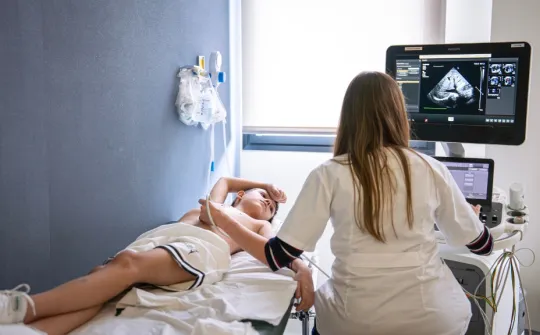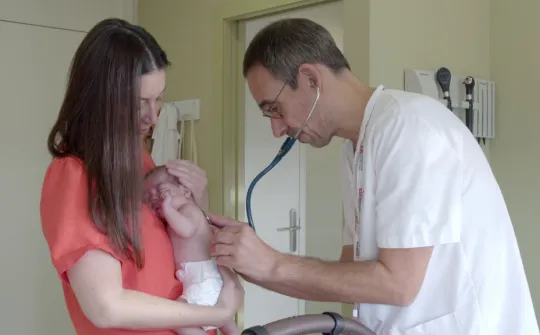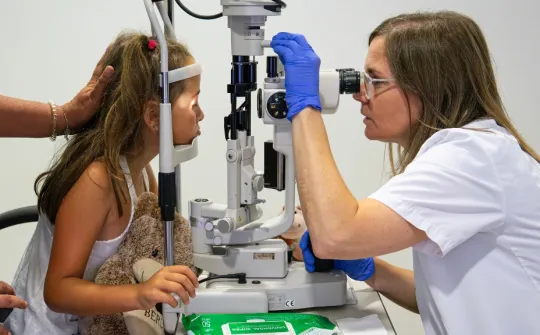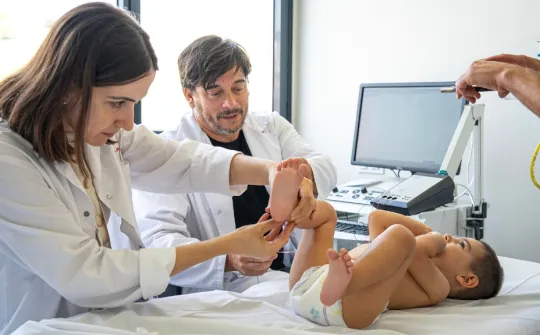SJD Barcelona Children's Hospital launches two home care programmes in child and adolescent mental health
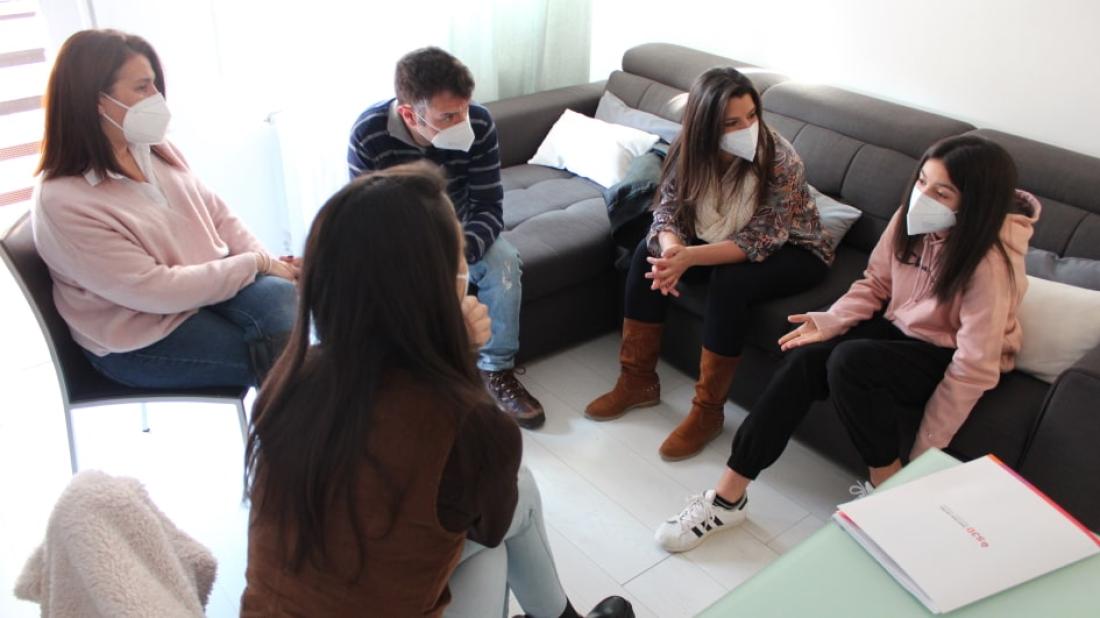
Home care is aimed at patients with eating disorders and other complex mental health disorders.
The Mental Health Department of SJD Barcelona Children's Hospital has started two home care programmes for children and adolescents with eating disorders and patients with mental health problems in particularly complex crises.
With this initiative, the professionals aim to provide a high-intensity response to serious mental health cases, encouraging the child or young person not to become detached from their environment and to be able to return to their normal life as soon as possible. The teams involve and train families in the management of these patients, resolving with them the problems that arise daily and seeking to increase the long-term efficacy of the treatment. Another objective of the programme is to facilitate this step from hospitalisation to home, with direct and additional support in the context of the young person and the family.
Two multidisciplinary teams - made up of psychiatrists, clinical psychologists, nurses, social workers and social educators - implement these new programmes, which complement the existing ones that have been in place for years at SJD Barcelona Children's Hospital (full hospitalisation and partial or day hospitalisation). In fact, the home care programme does not prevent the patient's admission in some cases, but it reduces it, in the case of patients with an eating disorder (ED), to two or three weeks.
Home care programme for ED patients
Unlike the other treatments that have been applied until now with ED, the patient's family is involved from the outset in all meals, dynamics and therapies carried out during admission. "The aim," psychiatrist Raquel Cecilia and psychologist Eduard Serrano explain, "is to train the family so that, once they return home, they feel more prepared to deal with situations of conflict that may arise in daily practice. The family participates as co-therapists in the treatment.
After three weeks, patients returns home and the Hospital professionals continue to visit them at home on a regular basis. At home, they can carry out specific therapeutic interventions for the ED that cannot be carried out in the hospital setting. For example, with families, they work on the quantities and types of food in the kitchen at home and, with adolescents, they work on body exposure in their room, with their mirrors and clothes. At the end of the home-based programme, referrals are made to the local Child and Adolescent Mental Health Centre (CSMIJ) for follow-up treatment in community care.
Preliminary results of the home programme indicate a significant improvement, both physically and psychologically, which, in a significant percentage of cases, allows the continuation of treatment in their environment (family, social and school).
Home care programme for complex and crisis patients
One of the programmes is specifically aimed at patients in crisis and highly complex situations. These are young people with different mental health problems who are in a highly unstable situation and with various social and family factors that require a comprehensive approach that covers all their needs: clinical, social and family.
This programme has included young people who have repeatedly visited the emergency department or who have needed a previous psychiatric admission, mostly for having presented self-injurious behaviour or serious behavioural disorders.
The programme's professionals have developed an individualised therapeutic plan for these patients that includes intensive treatment. The teams visit them 3 to 4 times a week at home and provide close support and accompaniment to the family, which is considered the spearhead of the treatment. They also carry out interventions in the school, social and community settings so that the patient can achieve clinical stability and regain functionality in the shortest possible time. The aim of the programme is to achieve this within an average stay in the programme of 12 weeks. Afterwards, follow-up is carried out by the child and adolescent mental health centre.
This is a care model in the patient's habitual environment and an alternative to conventional hospitalisation, comparable to other European experiences that have shown good efficacy and efficiency, with less impact on the young person and the family than psychiatric hospitalisation.
Since October, 18 young people and their families have been seen in the framework of this programme. Four of them have already completed the most intensive intervention and are now linked to community mental health services (CSMIJ).
Although the results are still preliminary, there has been significant clinical improvement, with an overall reduction in self-harm episodes and also in visits to the emergency department for destabilising situations. In the school setting, at the start of treatment, 36% of the young people were absent from school. After 8 weeks, all the youngsters had regained contact with their school and 86% were attending school regularly again.
